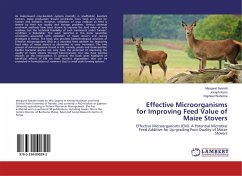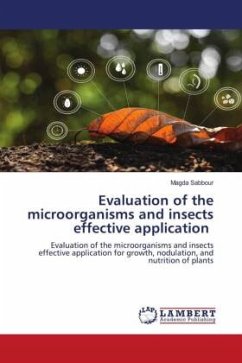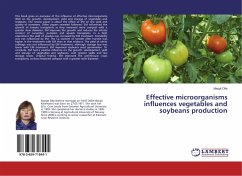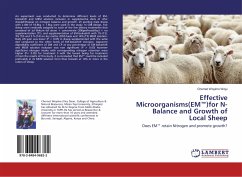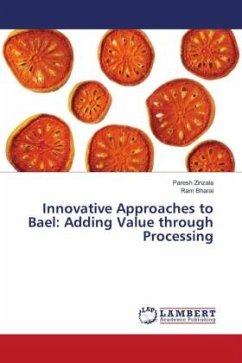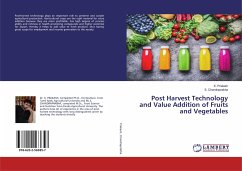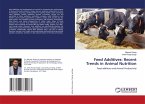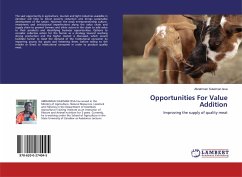As maize-based crop-livestock systems intensify in smallholder livestock farmers, maize production should contribute more food and feed for human and livestock. However, utilization of crop residues as feed is limited by their low quality and storage problems. Various chemical treatment methods have been shown to improve the feed value of such residues, but the technical feasibility of such treatments under farmers' condition is debatable. The work reported in this book quantifies constraints associated with utilization of maize stovers and coping strategies in Kenya. The book also provides biotechnological solutions of Effective microorganisms (EM) as a microbial feed additive for improving feed value of maize stovers as alternative to urea treatment. The two groups of microorganisms found in EM, namely, yeasts and Gram-positive bacillus bacterial species not only have the potential of improving the quality of maize stovers through bioconversion, but also have positive impacts on the environment. In general, the book gives highlights of beneficial effects of EM on feed nutrient degradation that can be promoted in formulation of ruminant diets in small scale farming systems.
Bitte wählen Sie Ihr Anliegen aus.
Rechnungen
Retourenschein anfordern
Bestellstatus
Storno

